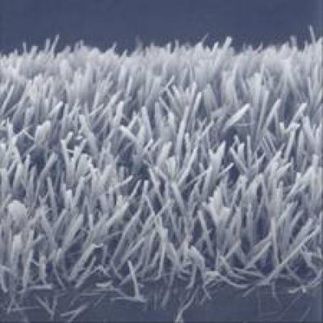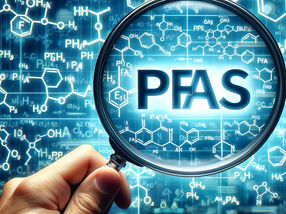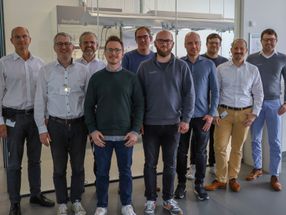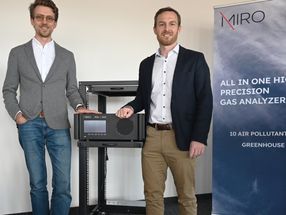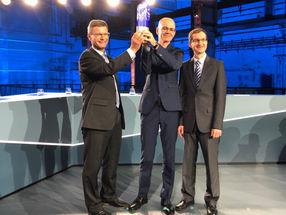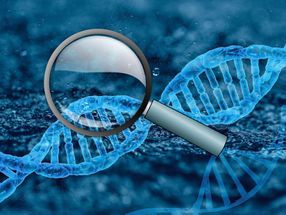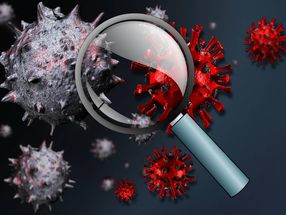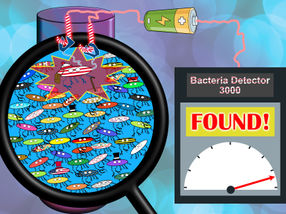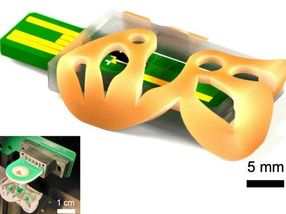Bio Nano Consulting partner develops novel nanolitre scale technique
Bio Nano Consulting (BNC) announced the availability of a new technique that screens low-yielding proteins, facilitating the evaluation of both protein denaturation and protein:drug interactions.
This novel method, pioneered by researchers from the UCL Department of Biochemical Engineering and the London Centre for Nanotechnology, in collaboration with Cambridge and Sussex Universities, is applicable to any free solution protein:drug interaction. The technique applies microfluidics, using just nanolitres of sample – coupling protein stability and drug affinity analysis to microfluidic devices for sample preparation. In a paper published in Protein Science, the researchers established a new nanolitre scale technique in micro-capillaries to measure intrinsic protein fluorescence and obtain accurate protein denaturation curves at equilibrium.
For the first time, free energies of protein unfolding were determined by the method and used to determine the affinity of a drug - the immunosuppressant rapamycin - to a protein, the cellular immunophilin FKBP12. In addition, the microcapillary technique was used to measure the interaction energy between rapamycin and the Phe99 residue of FKBP-12 from a double mutant cycle analysis. The method utilised combinations of two different protein mutations to study the molecular interactions within a given protein.
Until now, the modus operandi for protein analysis often meant either too much of the precious biological or compound materials were consumed in large sample volumes, or that chemical labelling with fluorescent tags was required to achieve measurements at submicrolitre volumes.
Commenting on the technique Dr David Sarphie, BNC’s CEO, said: “We are delighted to be able to offer access to this innovative technique developed by scientific researchers at UCL and LCN to our clients. Indeed, this new method has vast implications and uses in high throughput, low cost platforms for drug discovery, protein engineering and protein formulation applications in the pharmaceutical industry.”
Original publication: Matthieu Gaudet, Paul Dalby, Daniel Bracewell and Gabriel Aeppli, Protein Sci. 19, 1544-1554, 2010.
Topics
Organizations
Other news from the department research and development

Get the analytics and lab tech industry in your inbox
From now on, don't miss a thing: Our newsletter for analytics and lab technology brings you up to date every Tuesday. The latest industry news, product highlights and innovations - compact and easy to understand in your inbox. Researched by us so you don't have to.
